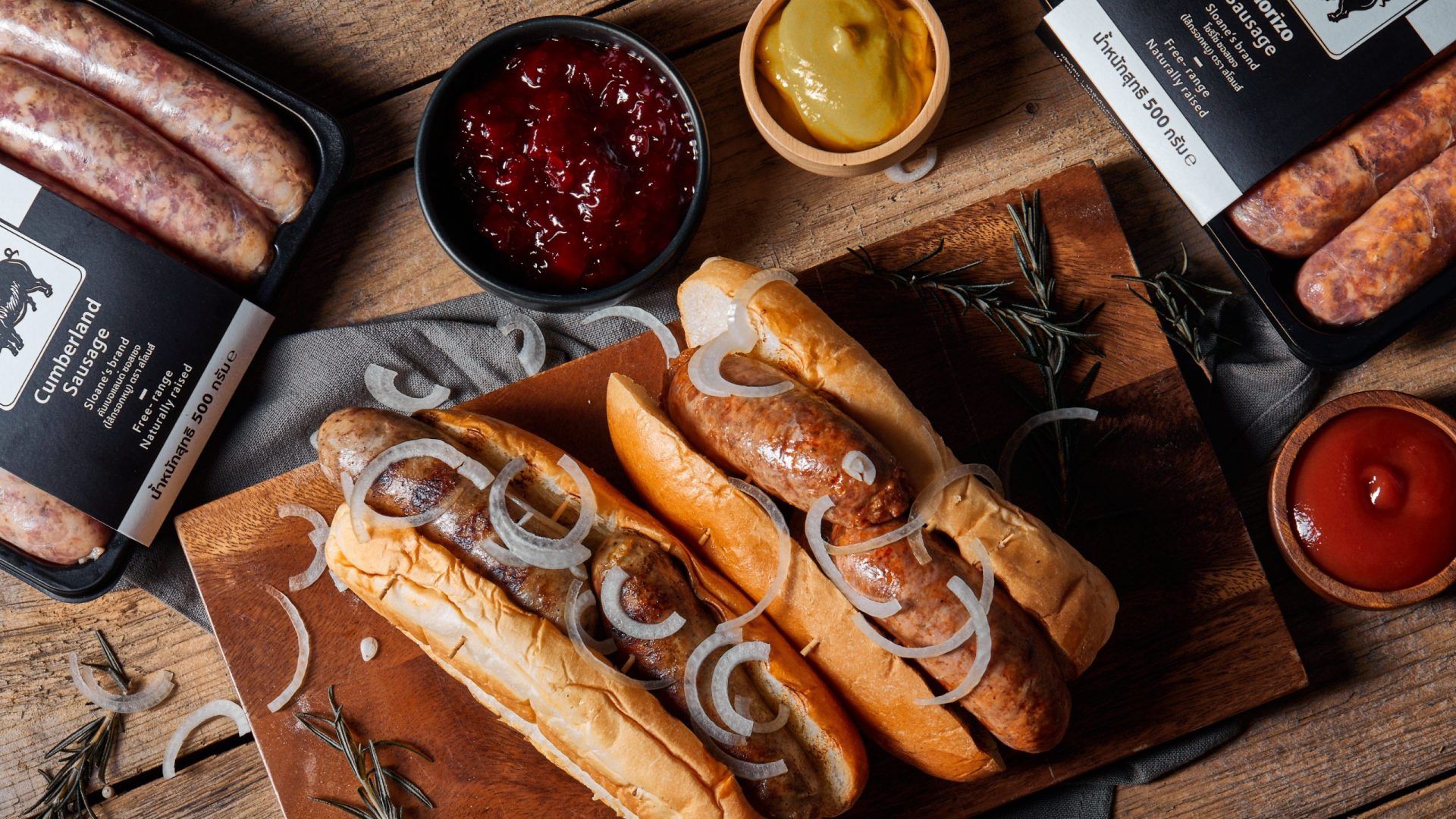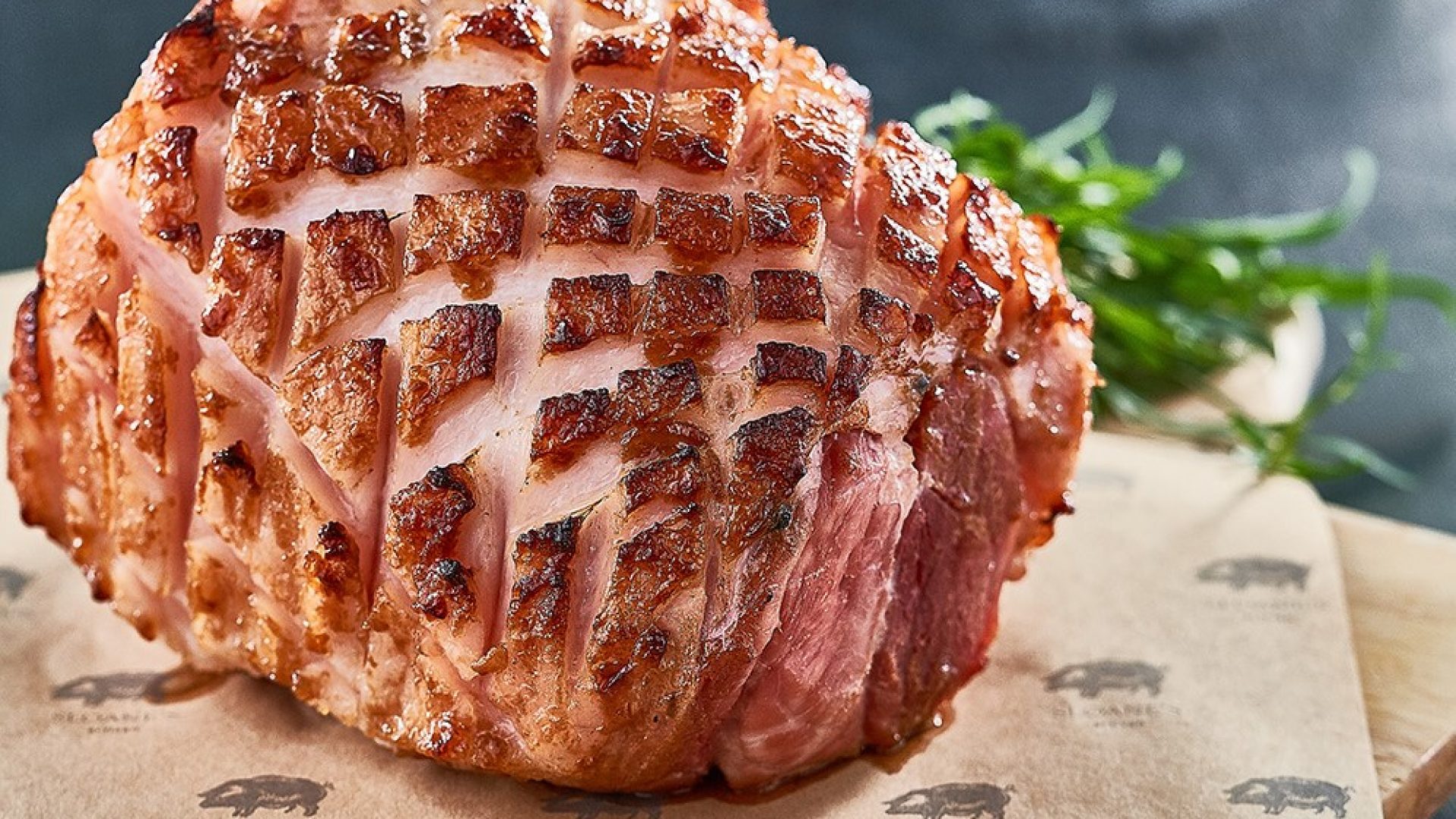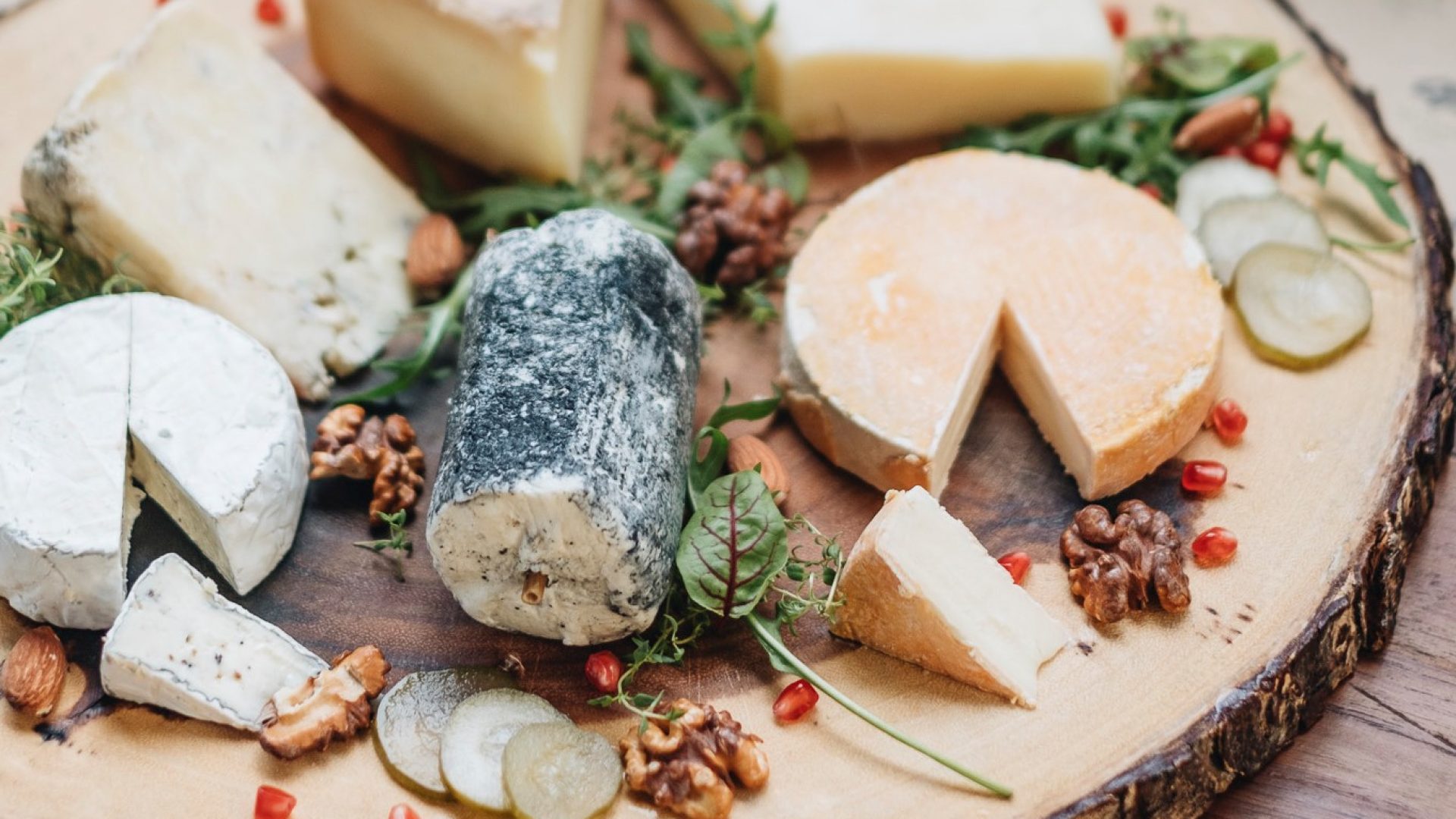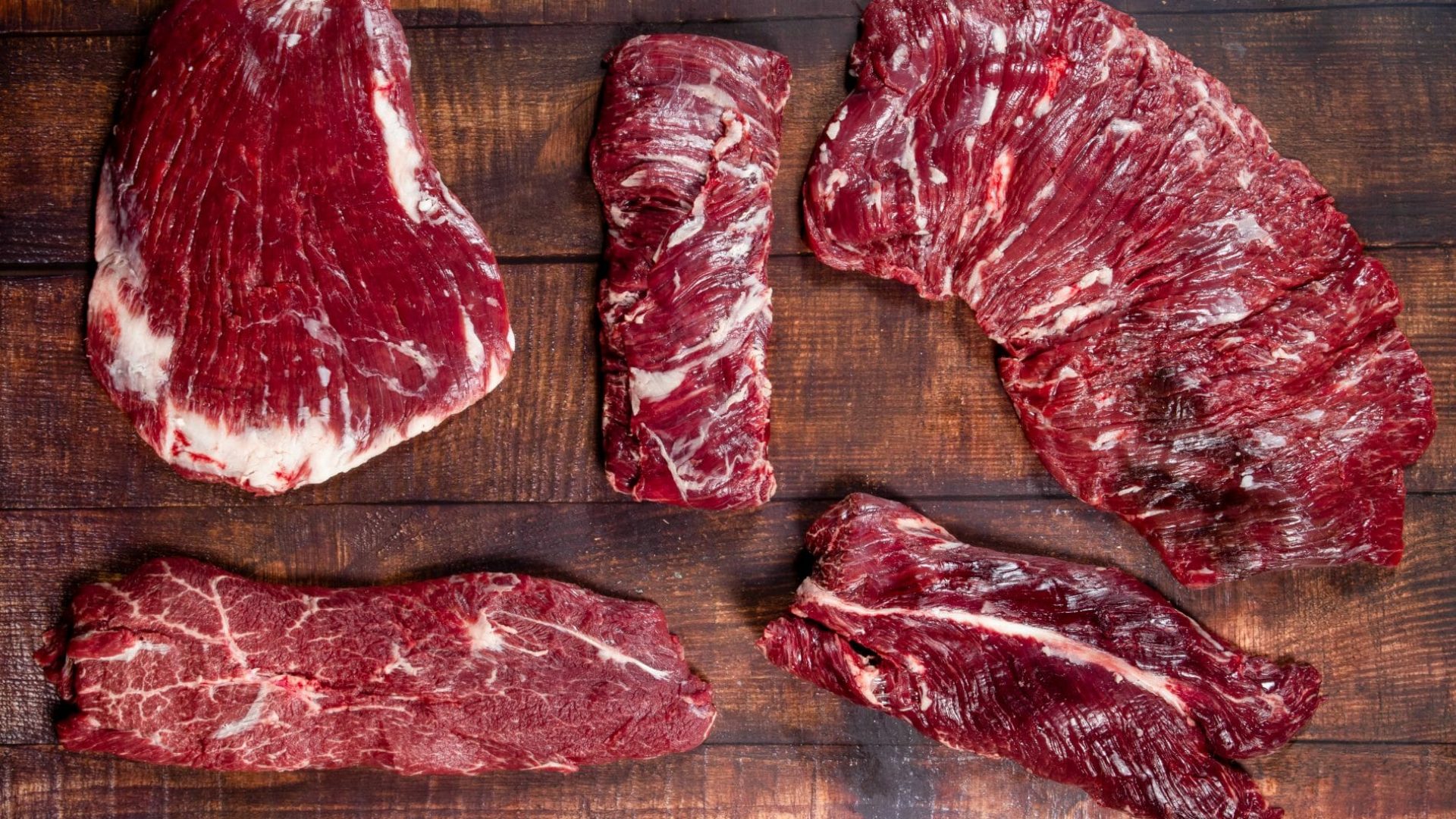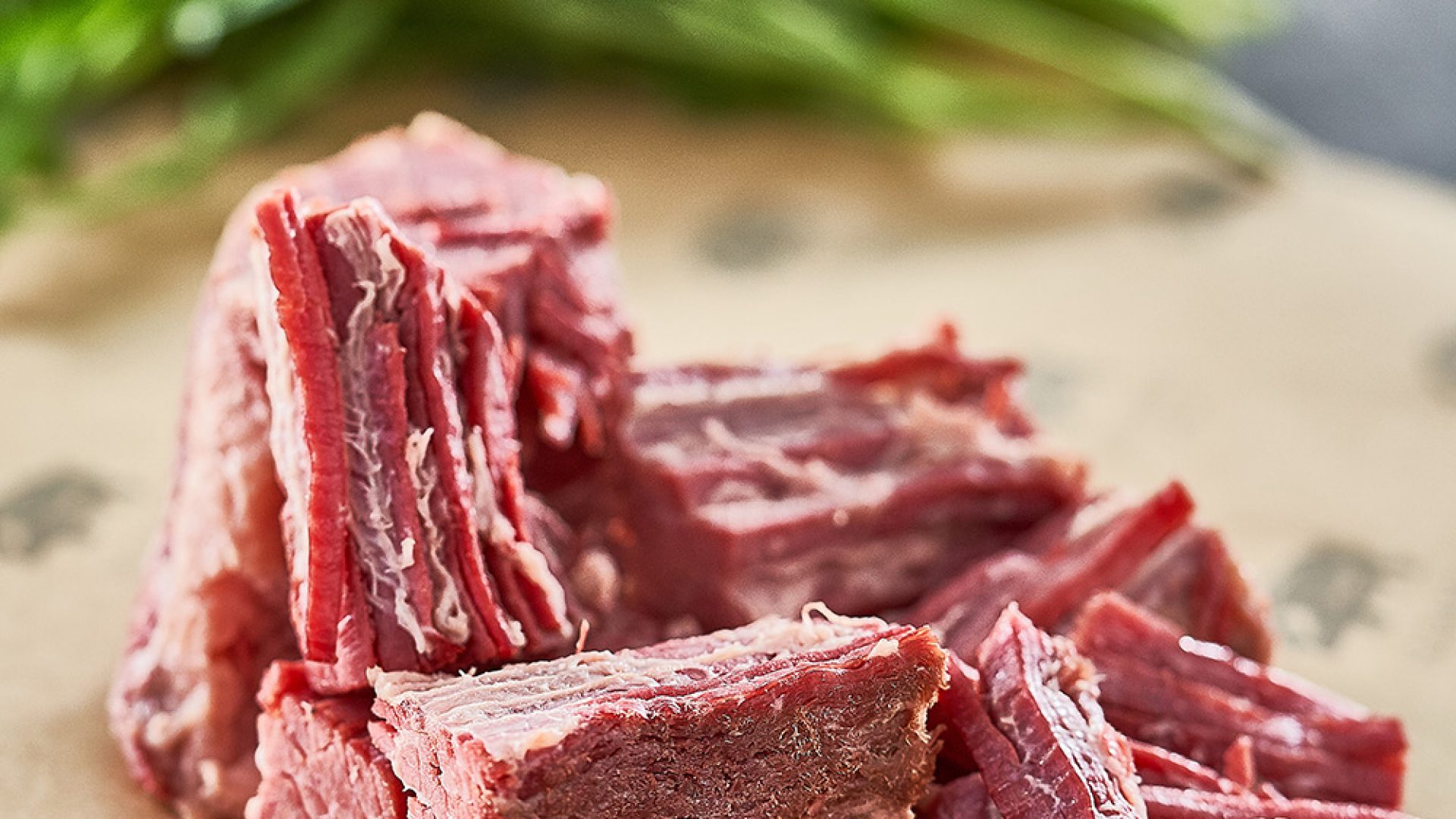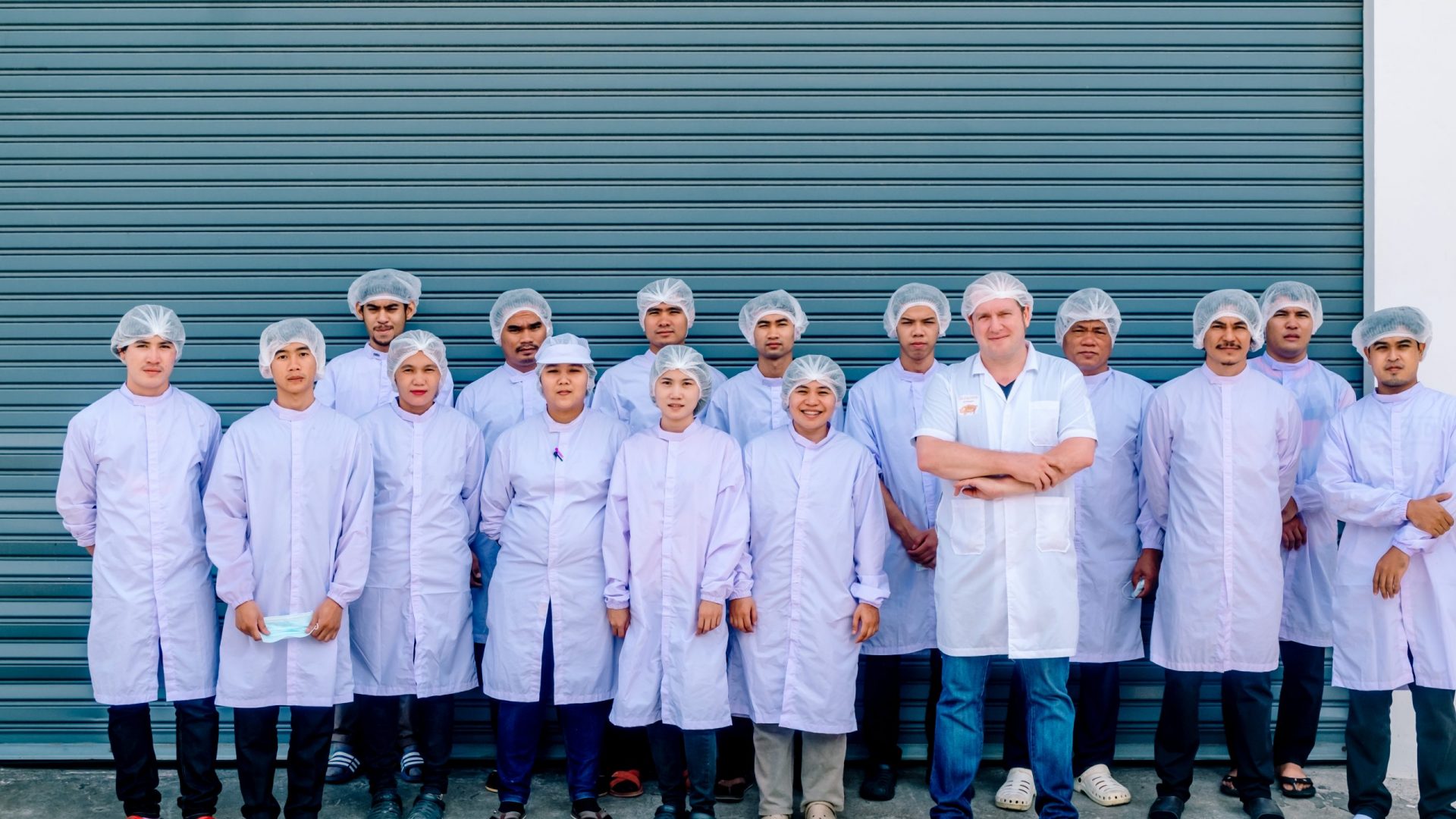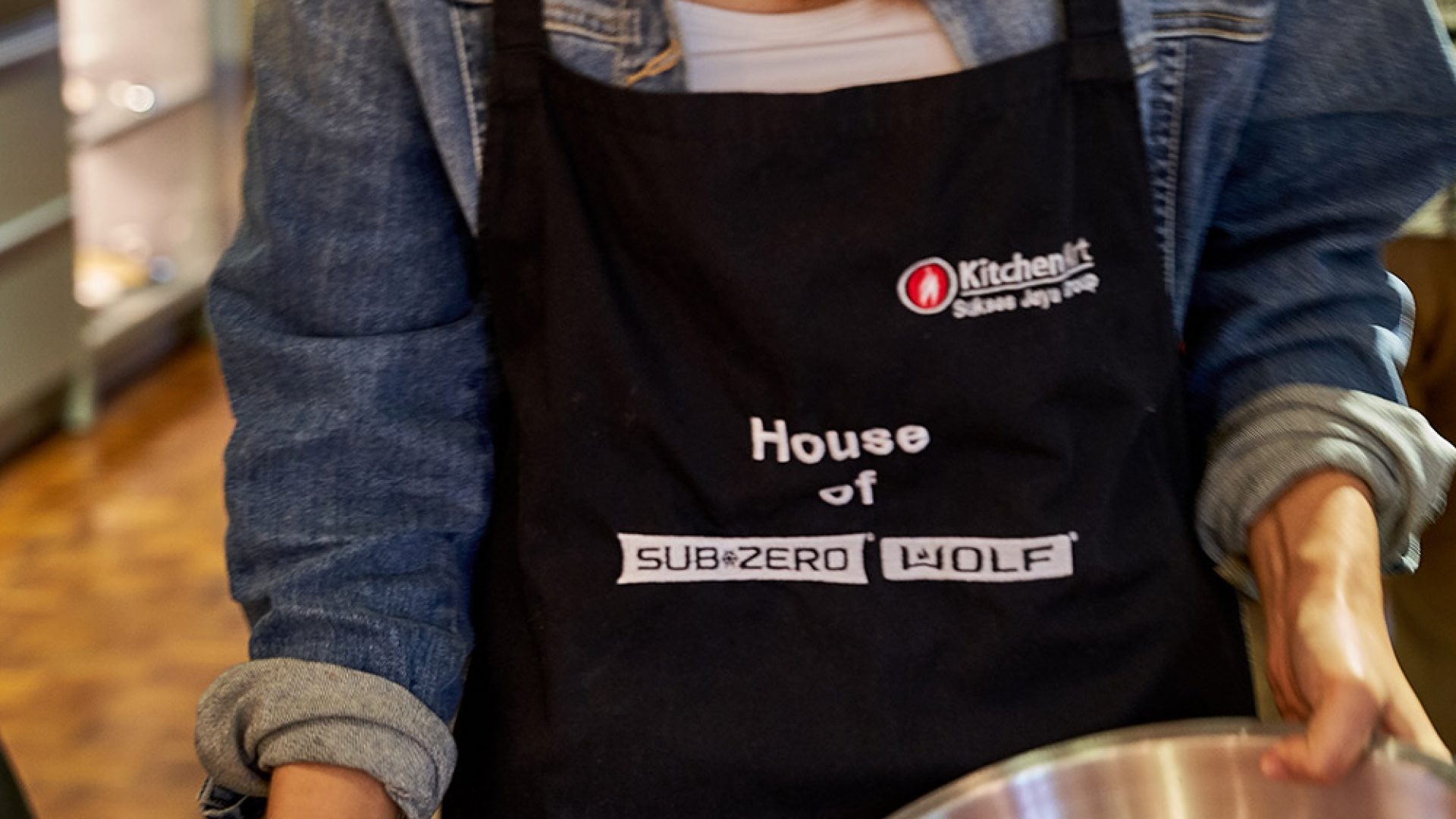History of the English breakfast
Sloane’s Full English Breakfast
The traditional full English breakfast is a centuries old British breakfast tradition, one that can trace its roots back to the early 1300’s. In one form or another, the tradition of a uniquely English breakfast is one that has been proudly sustained over the centuries by different generations of British society.
The tradition of the English breakfast first began with the Gentry, before then being adopted by the Victorians who refined the tradition into an art form.
Then came along the the Edwardians who standardised the ingredients, giving us the English breakfast that we mostly eat today and in doing so, created a truly a national breakfast tradition and an icon of British culinary culture. To learn more about history of English breakfast click here.


The full English breakfast
English Breakfast Sausage
As nearly everything is fried in this meal, it is commonly known as a “fry-up”. Today the English breakfast is more popular than ever and you can usually find an English breakfast in most towns and cities across the country and overseas wherever you find the British. Sometimes you will also find an ‘all day breakfast’ on the menu, as this is indeed a meal that can be enjoyed at any time of the day.
The full English breakfast typically consists of sausages, bacon, eggs, tomato, baked beans and toast. Other common ingredients include mushrooms, black pudding and hash brown.


Sloane’s full English breakfast
A good English breakfast comes down to good ingredients, such as Sloane’s meats. We ensure all the ingredients are of a high quality. Eggs should always be free-range, the difference is huge!
Regardless of the history of the English breakfast, there is no doubt that it’s loved all over the world. At Sloane’s, we have the ingredients to help you make a full traditional English breakfast. To help you along, try our Sloane’s Cumberland Sausages, English Breakfast Sausages, Sloane’s Back bacon, Sloane’s Hot Smoked Bacon or Sloane’s Black Pudding.

